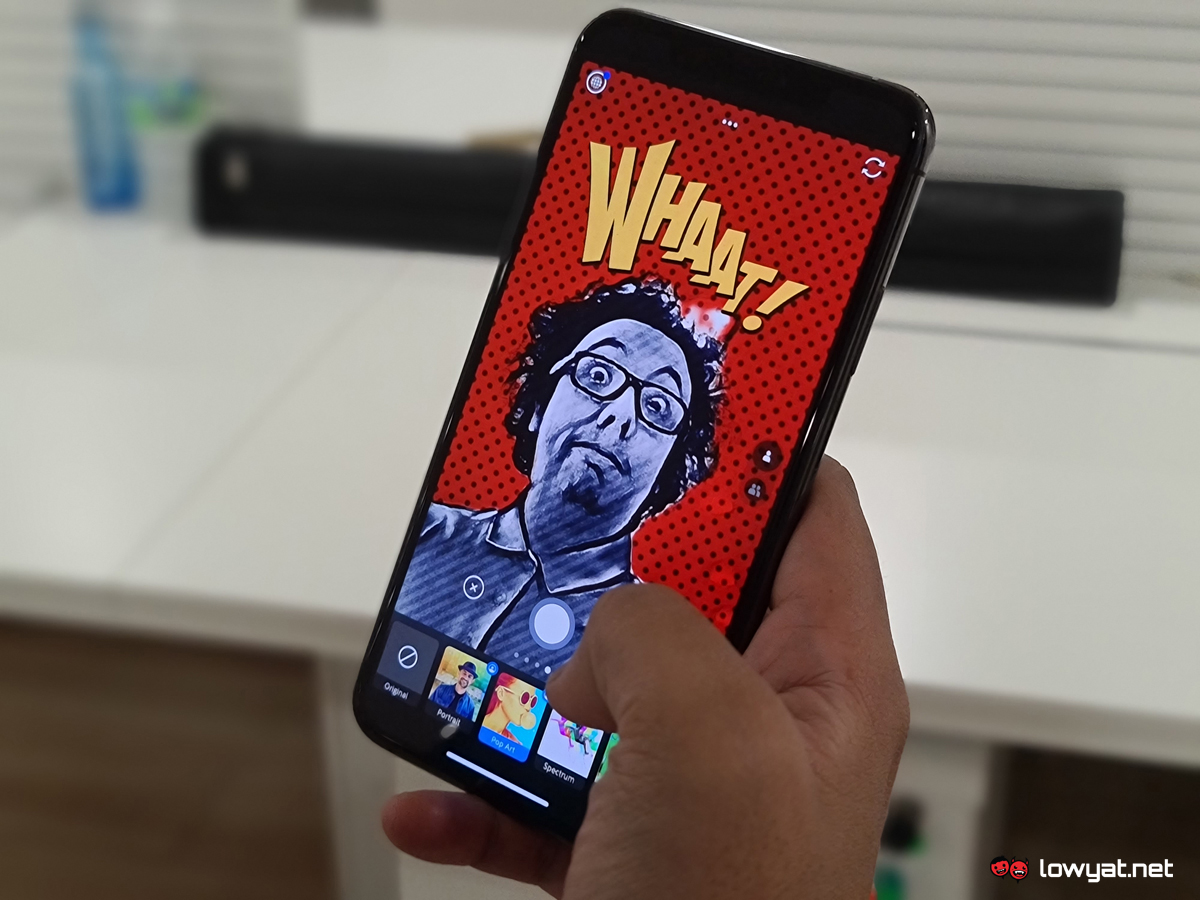A change in the Android 11 camera API was recently discovered that would prevent any face altering algorithms to perform in real-time via a phone’s camera app. According to sources, it is speculated that this is a new security measure to disable any means of using AI-based Deepfakes or always-on beauty filters that masks a person’s identity.
This alteration to the API was discovered by XDA editor Mishaal Rahman while going through their review of the Vivo X50 Pro. He noted that this new rule would ensure that any edits to facial structure or smoothing would need to happen only after the photo was taken. As mentioned earlier, this would prevent instances of smartphone cameras from using face altering features in real-time, especially when recording videos.
It seems that Google is banning OEMs from implementing facial tweaking algorithms during image processing. This means all images, by default, won't have faces tweaked, but can still do it in post. So turning off beauty modes will *actually* turn it off. pic.twitter.com/NEmPK8iFsa
— Mishaal Rahman (@MishaalRahman) July 16, 2020
It is not clear if this new restriction by Google would affect other facial filters upon implementation, such as those provided by Instagram or TikTok. But it appears that it could only apply specifically to camera hardware rather than software-based features, according to the Android official website.
Whether this updated camera API in the upcoming Android release will impact smartphone brands and application developers remains to be seen. Google’s Android 11 operating system is currently undergoing its beta testing phases, and is expected to be publicly released towards the end of this year.
(Source: Android official website via Mishaal Rahman / Slashgear / Petapixel)
Follow us on Instagram, Facebook, Twitter or Telegram for more updates and breaking news.



